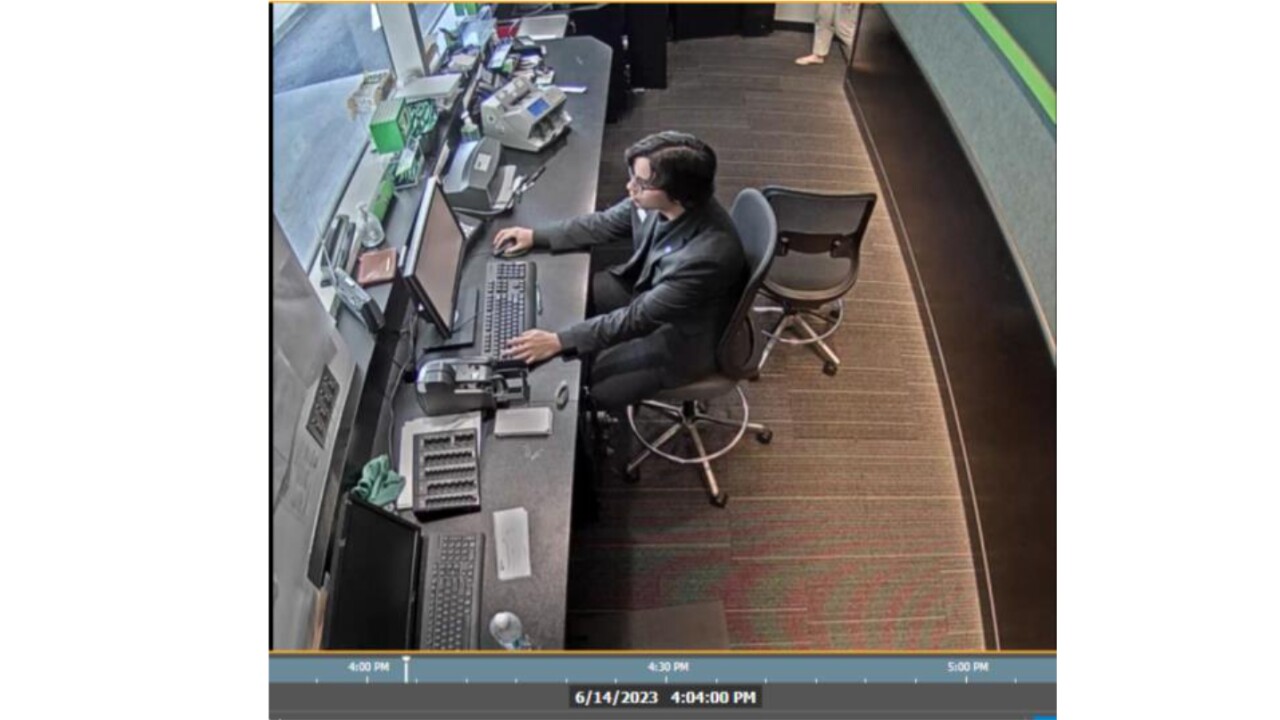Even the independent sales organizations that heeded the warnings of colleagues and experts for the past decade about not letting advancing payments technology pass them by weren't fully prepared for what the coronavirus pandemic would throw at them.
But if there's a lesson to be learned from merchants scrambling to convert operations to e-commerce or deploy contactless payment acceptance and pre-ordering, it's that many ISOs are showing they can handle an abrupt pivot in their business models.
"For the past several years, the question has been about how ISOs could remain relevant in the market after seeing the Squares and Stripes and other all-in-one players hit the scene," said Nick Starai, chief strategy officer and co-founder of payments enabler NMI.
"But what we have seen is the ISO community does tend to evolve and remain relevant," Starai said. "They find ways, and a lot of that is about embracing technology, particularly in the current COVID-19 climate."

Historically, interactions between an ISO and merchant equated to a salesperson setting up a payment terminal, explaining various interchange rates, supplying some security features and connections to payment gateways for a client — and then moving on to the next client.
However, especially in the past few years,
With COVID-19 disrupting physical brick-and-mortar settings, ISOs have had to move their attention to things not remotely in their wheelhouse in the past — explaining contactless payment technology and its many options, designing a website, establishing payment methods and pay "buttons" on those sites, and enabling e-commerce with needed API integrations and coding.
Many of those tasks are easier today than they were just a few years ago, Starai said, and it has made the learning curve a little softer for ISOs.
"It's much easier to do now, because in the past you had to have someone who knew HTML design, but now there are plenty of frameworks and systems that make online websites," Starai added.
NMI has positioned itself as a company that can help ISOs make their way through the new COVID-19 landscape. It
NMI also offers ISOs the card account updater service, which provides a way for networks to get updated payment cards and credit lines to customers immediately when cards expire or are stolen. In that manner, the ISO's merchant client can keep customer cards up to date and valid, which is "vital in e-commerce and card-not-present flow during the pandemic," Starai noted.
Even though ISOs have always pointed to their customer service as a key aspect of their business model, that aspect of business has also had to change.
"Most ISOs are serving small to midsize merchants, like many of the restaurants that had to shut their doors, so the ISOs had to adjust their sales model from face-to-face relationships to a virtual meeting or phone interaction," said Marc Beauchamp, CEO of Surv Credit and a consultant, trainer and founder of Bankcardlife.com.
"Many have had to change their business model and really lean on technology in order to sell, board, train and support merchants remotely," Beauchamp said. "ISOs have had to educate themselves as well as merchants on technology and products that are conducive to the current environment."
As consumers see far more contactless payment opportunities, online ordering, pickup and delivery, it doesn't mean it's been an easy switchover for the merchant or ISO.
"Many solutions today are more complex because they may need to integrate with third-party delivery services, their website and their point-of-sale system," Beauchamp added.
No matter how much technology an ISO can offer and explain to a merchant client, some old selling habits may not work during the pandemic shutdowns.
"This will definitely be a serious test for many ISOs because the shortcuts they have often relied on will not translate to a scalable solution for them this time around," said Richard McShirley, chief marketing officer for Oxnard, Calif.-based linked2pay, a payments and financial services provider for banks and ISOs.
McShirley views linked2pay's journey as one that is paying off for the company and its clients.
"We have been on our path for over 10 years and have extensive technology development experience in deploying card-not-present and contactless solutions that are fully integrated with our automated underwriting and merchant onboarding," McShirley said.
It's been a costly process in which the company has committed millions of dollars in developing a solutions road map matched with the correct user requirements, McShirley added, but one in which they have been able to avoid any difficulties during the pandemic.
As much as anything else, the global health crisis can serve as a litmus test for what merchants know or will need to know post-pandemic — and the ISOs' role in moving that knowledge forward.
"We talk to our ISOs about a unified commerce platform," Starai said. "It has to be something that works in a card-not-present environment and also enables in-store, mobile or unattended kiosks. It has to cover those four channels."
To the extent that a technology company can help an ISO partner go to market with a multichannel platform, it is helping them become "more future-proof and a bit more diversified" because merchants can tell when somebody is just trying to sell them something as opposed to solving problems for them, Starai said.





